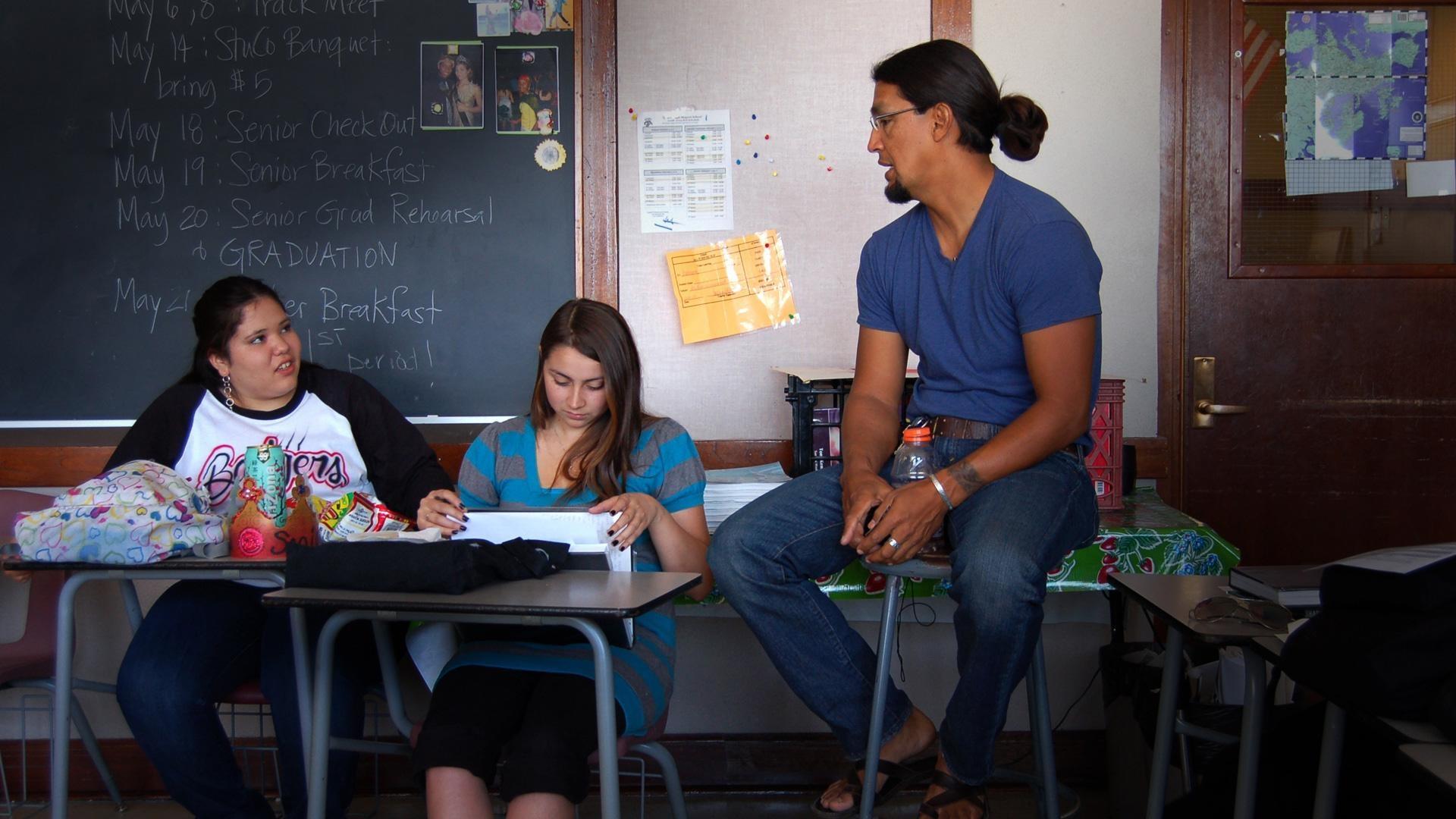Reflection:
When reading The Academic and Social Value of Ethnic Studies by Christine Sleeter, I was reminded of my experience in school. I have realized in the past five years that my history education has been very white-washed. I agree with Sleeter that American education is very Euro-centered despite efforts for changes to be made. According to the author, the mainstream curricula "continue to disconnect racism in the past from racism today, and to frame perpetrators of racism as a few bad individuals rather than a system of oppression, and challenges to racism as actions of heroic individuals rather than organized struggle (2)." Something I have been thinking about since high school is how the only heroic figures we learned about from the civil rights movement were Martin Luther King Jr. and Rosa parks. I question this because we did not learn about historical movements such as the Black Panthers or figures such as Malcom X. I think that this is censoring history. All of the civil rights movement should be taught in American history classes, even parts that people see as "controversial." The same thing goes for other topics that get sugar coated such as the genocide of Native Americans or the extreme horrors of slavery.

pictured above is a poster promoting the Black Panther Party's "Free Breakfast for Children Program." This is an example of history left out of curriculum that should be taught. Did you know that this program was the first to provide hungry students with free lunches?
Linked below is an article explaining how MLK's legacy has been watered-down in classrooms. It makes another important point that MLK, while his legacy is taught in classrooms- a lot of important information is left out--changing the narrative.
Reflection/Questions/Comments:
My question for the class is: why do you think that schools teach lesson on MLK instead of Malcom X? Personally, I think that educators and curriculum designers are scared to teach about any form of protest that is not completely peaceful. They also want to only idolize "perfect" historical figures. Educators are sometimes afraid to add nuance to history. This might be my experience because I have had mostly white teachers in my K-12 education. Another example is how teachers of mine have glazed over or not even mentioned the fact that figures like George Washington and Thomas Jefferson owned slaves. I would like to see a more honest approach to America's past and present in History curriculum.

